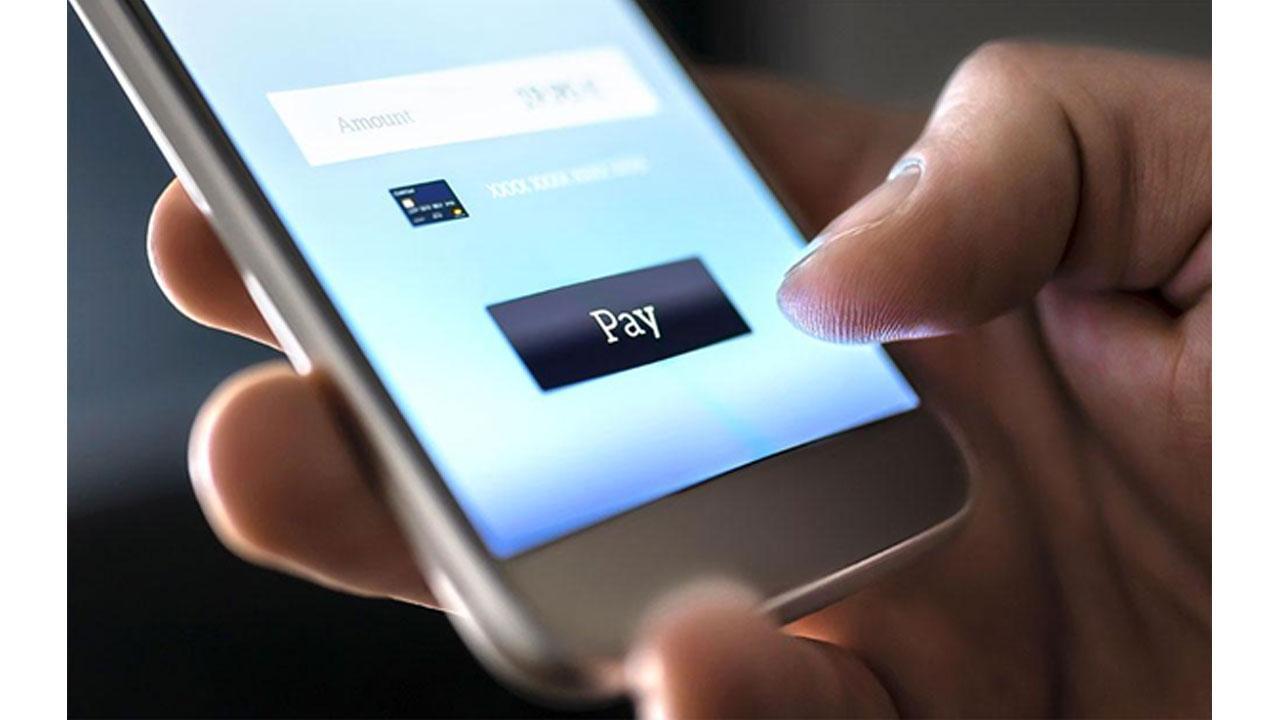o protect your money and personal information, it’s essential to follow best practices when using a peer-to-peer payment platform.

Peer-to-Peer
Peer-to-peer payment platforms have made sending and receiving money easier than ever.
Whether splitting a dinner bill with friends or paying for an online purchase, these apps offer a quick and convenient way to transfer funds. However, with convenience comes risk.
Cybercriminals often target users through scams, phishing attempts, and fraud, making security a top priority.
To protect your money and personal information, it’s essential to follow best practices when using a peer-to-peer payment platform.
Here’s how you can keep your transactions secure.
1. Use Strong Passwords and Enable Two-Factor Authentication
A weak password makes it easier for hackers to access your account. To strengthen your security:
- Use a complex password with a mix of letters, numbers, and symbols.
- Avoid using easily guessed information like birthdays or names.
- Enable two-factor authentication (2FA) for an extra layer of security. With 2FA, even if someone steals your password, they won’t be able to log in without the second verification step.
2. Only Send Money to People You Trust
Unlike credit cards or payment apps with buyer protection, most peer-to-peer payment services do not offer refunds once a transaction is completed. To avoid being scammed:
- Double-check the recipient’s details before sending money.
- Avoid sending payments to unknown sellers on social media or online marketplaces.
- If you’re paying for goods or services, use platforms that offer payment apps with buyer protection to reduce the risk of fraud.
3. Watch Out for Scams and Fraud
Scammers use various tactics to trick users into sending money. Common scams include:
- Overpayment Scams: A scammer "accidentally" sends excess money and asks for a refund, then later charges back the original payment, leading to the loss of both the money and the product/service.
- Phishing Emails and Messages: Fake messages from what seem to be legitimate sources ask for login details or payment confirmations.
- Fake Selling Scams: Someone asks you to send money upfront for a product or service that never arrives.
Always verify requests for money, especially if they seem urgent or suspicious.
4. Keep Your App and Device Secure
To prevent unauthorized access to your peer-to-peer payment platform, ensure that:
- Your mobile device has the latest security updates.
- You install apps only from official sources like the App Store or Google Play.
- You use security features like fingerprint or face recognition to unlock your phone.
5. Avoid Public Wi-Fi When Making Transactions
Public Wi-Fi networks can expose your sensitive information to hackers. If you must use a peer-to-peer payment app while outside, consider:
- Using a Virtual Private Network (VPN) for added security.
- Turn off automatic Wi-Fi connections to avoid connecting to unknown networks.
6. Regularly Review Your Transactions
Fraudulent transactions can go unnoticed if you don’t check your payment history. To stay on top of your account security:
- Set up transaction alerts so you receive notifications for every payment.
- Review your transaction history regularly to detect any unauthorized charges.
- Report any suspicious activity to the payment platform immediately.
7. Be Cautious When Sending Money Internationally
If you need to transfer money overseas, consider safer alternatives like an international wire transfer online instead of a peer-to-peer payment platform.
Bank transfers offer higher security and fraud protection, especially for large amounts.
For international transactions, check out options like transfer money overseas services that provide encryption and fraud protection.
Final Thoughts
Peer-to-peer payment apps are convenient, but they also come with risks.
You can protect your money and personal information by taking simple precautions, such as verifying recipients, enabling security settings, and staying alert to scammers.
Always prioritize security over speed when sending payments, and if something feels off, take a step back before making a transaction.
 Subscribe today by clicking the link and stay updated with the latest news!" Click here!
Subscribe today by clicking the link and stay updated with the latest news!" Click here!






